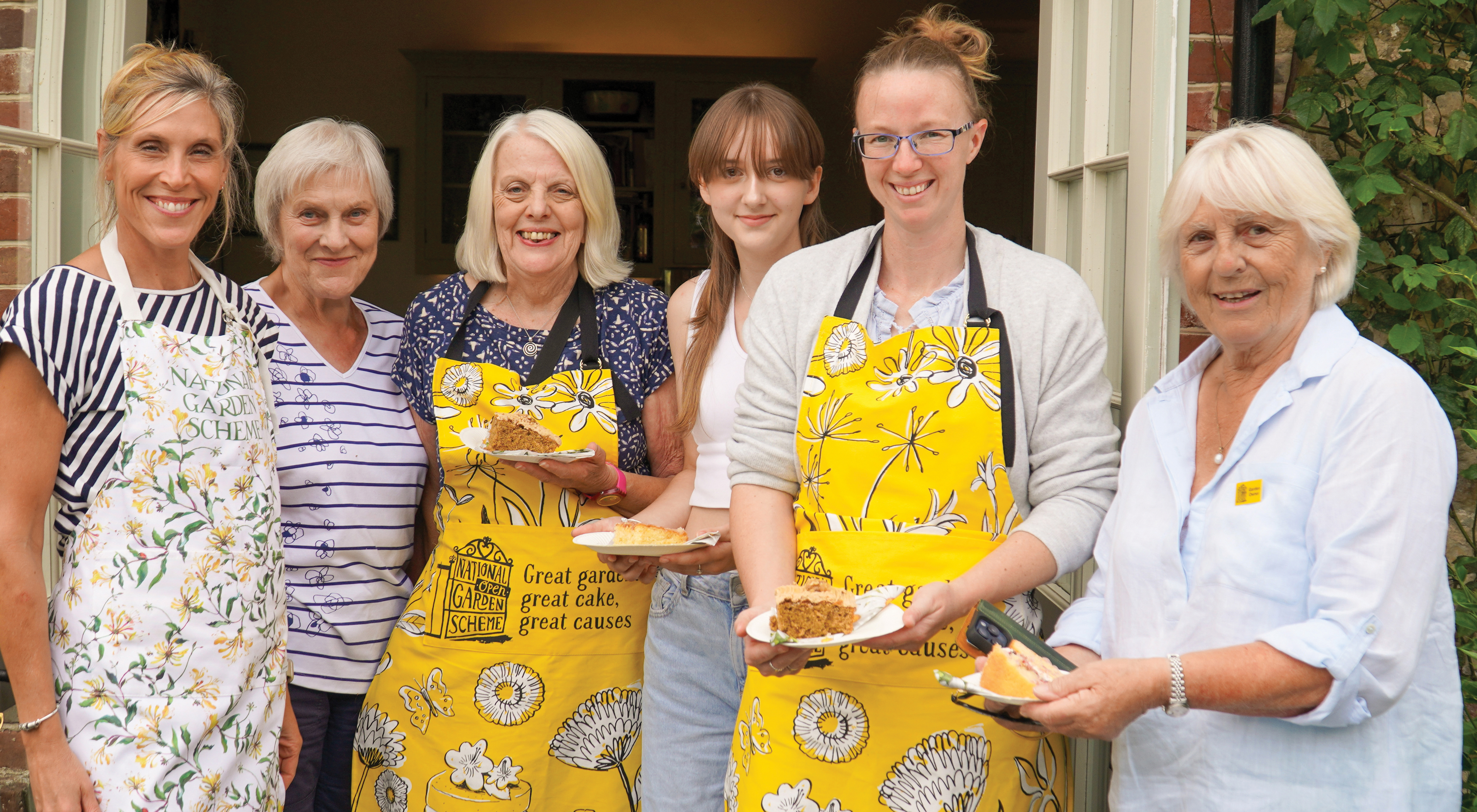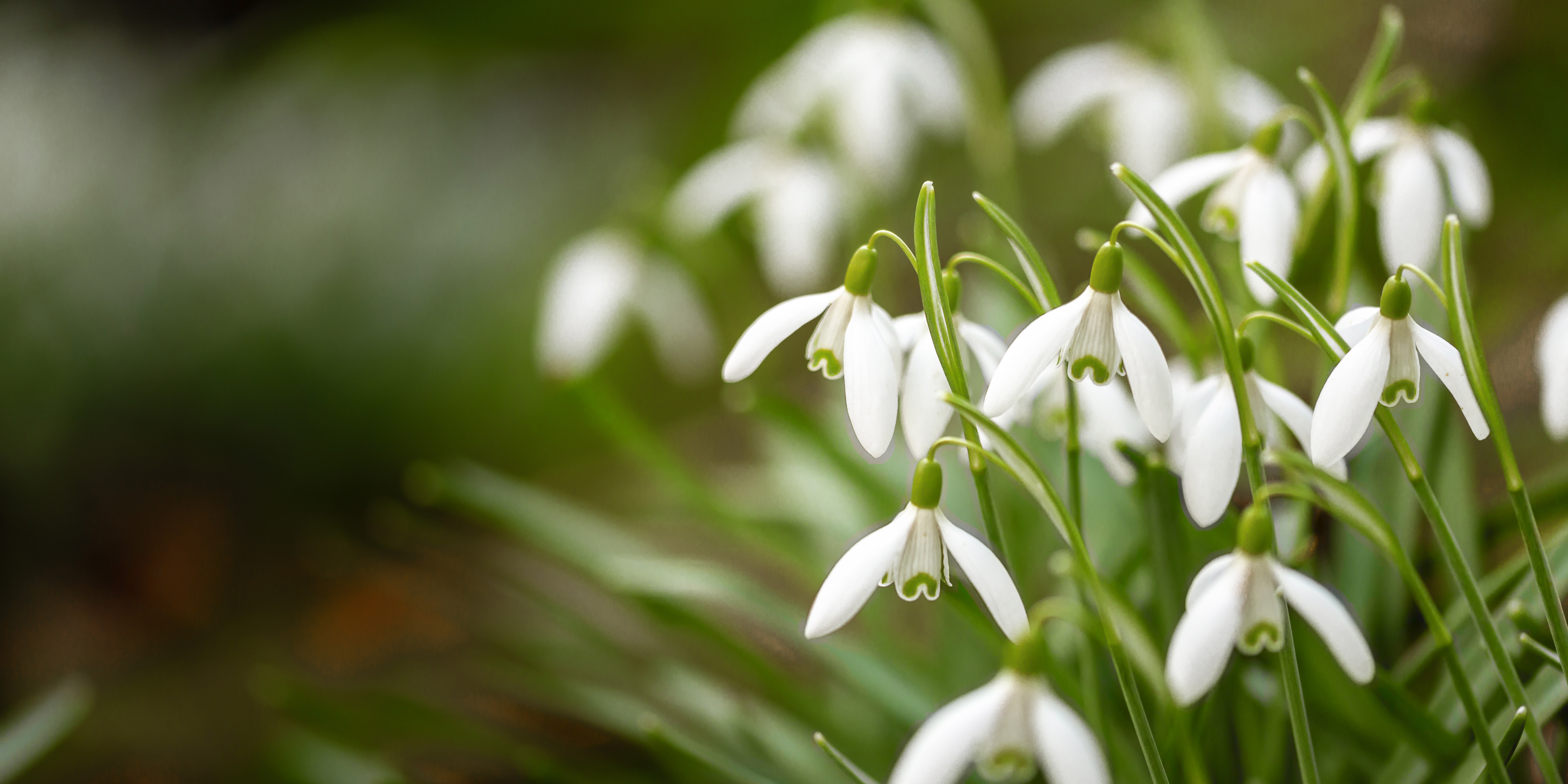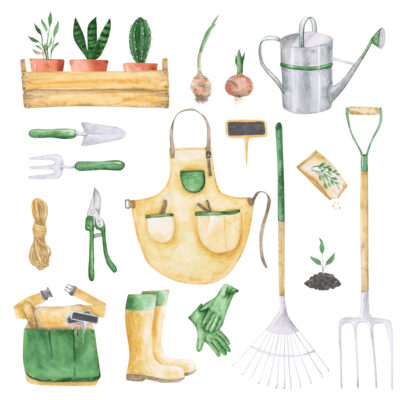Jane Howard looks into the reasoning behind the historic divisions of the farming year
September, and specifically Michaelmas on September 29th, traditionally marks the end of one farming year and the start of the next. The crops have been harvested, the lambs weaned, the honey collected and, as the evenings draw in, it starts all over again.
Today, only farming, the legal system and Oxbridge universities still use the ancient system of Quarter Days to divide up the year. These are Lady Day (the spring Equinox on 25th March when the sun sets due West and daytime and nightime hours are the same), the Summer solstice in June (the longest day of the year), Michaelmas 29th September (the autumn Equinox when the sun sets due West again and daytime and nightime hours are the same) and Christmas (the shortest day of the year).
Of all these, Michaelmas Day was the most significant to the farming community as it was the time when all the harvest had been safely gathered in and could be counted, so farms could be sold or change tenants before ploughing and sowing for the year ahead started off again. Farm workers and domestic servants were hired for the coming year and rents and debts became due. And while many of these traditions have been lost, there are still some vestiges to remind me of the significance of these calendar events.
Unlike cows and pigs which are fertile all year and so you can have calves and piglets whenever suits your farming calendar, female sheep only start to come into season when the night time hours are longer than the daytime hours
Few things give me more pleasure than blackberry-ing. I even have a little wicker basket woven onto a stout stick which allows you to balance it amongst the briars to get those prime berries – always the hardest to reach – and still have a spare hand to pick them and drop them into the basket. However – and funny how these saws stay with you – my Grandma always told us you should never pick blackberries after Michaelmas Day. In British folklore, it is said that on this day, St Michael the principal angelic warrior and protector against the dark of the night – in other words the good guy – expelled Satan from Heaven and landing on earth he fell onto a blackberry bush. He then cursed the fruit, scorched them with his fiery breath, spat and stamped on them and made them generally unfit for human consumption!
And incidentally if any of you are at all interested in all this folklore stuff (possibly extending the Grandma and me club to three or four) there is an impressive painting by Raphael illustrating this very act – Saint Michael Vanquishing Satan – commissioned by Pope Leo X which has been hanging in the Louvre since 1667.
But it’s not just a human thing, the sheep are in on the Michaelmas thing too. Unlike cows and pigs which are fertile all year and so you can have calves and piglets whenever suits your farming calendar, female sheep only start to come into season when the night time hours are longer than the daytime hours, in other words, after the autumn equinox. As they are pregnant for five months, this is nature’s way of ensuring lambs are only born in the spring when the weather is improving and the spring grass is growing.
The chickens do Quarter days too. But in reverse of the sheep. As soon as the evenings start to draw in, my very beautiful, but sadly not very productive, Brown Sussex chickens shut up shop and stop laying. So that’s a long old haul of having to buy eggs through to Christmas when, miraculously, they may deign to get going again. Though of course the big event is when one goes broody so we get chicks for Easter. Oh there you go, another Quarter day event!
You may also like
At the heart of the garden
Jo Arnell speaks to Vicky Flynn at National Garden Scheme about the horticultural gems open in aid of nursing, health and gardening charities across the South East For almost 100 years the National Garden Scheme has been opening gorgeous gardens...
The Bravest Blooms
Banish the winter blues – cheer up pots and borders with some welcome early flowers with expert advice from Jo Arnell February is a short, sharp month – some years shorter (and sharper) than others – but the light is...
Just one pruning thing
Jo Arnell tackles the complexities of this often dreaded garden task Pruning can seem daunting – and sometimes like one of the dark arts – every plant seems to need a different approach at some other time of the year....












